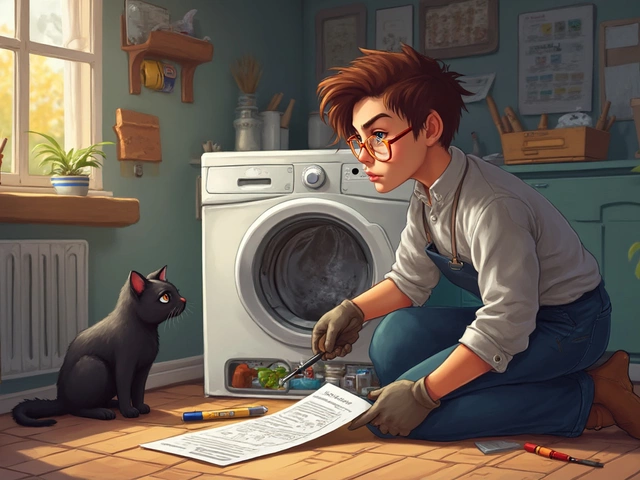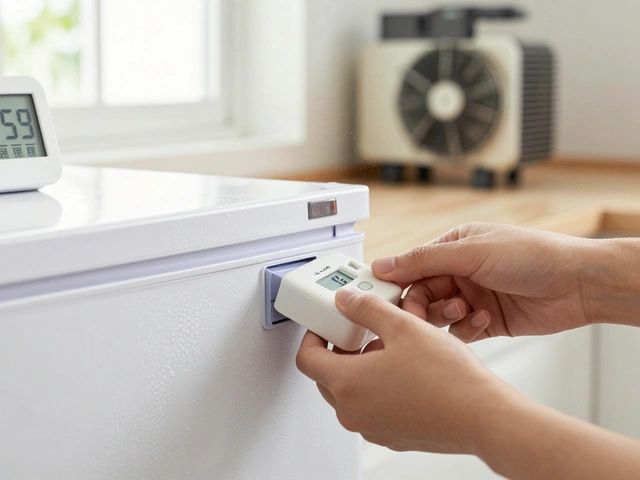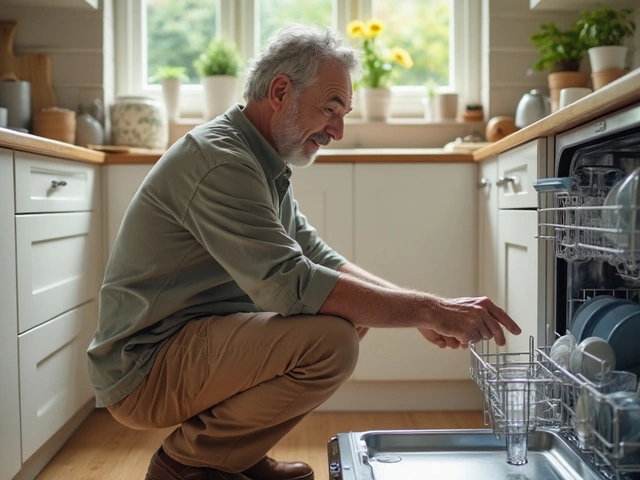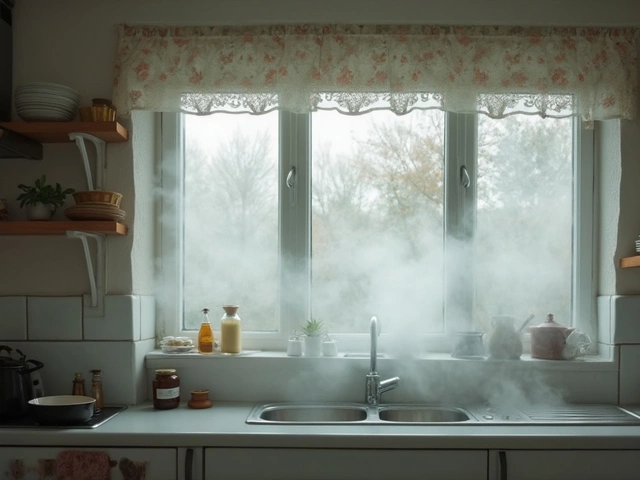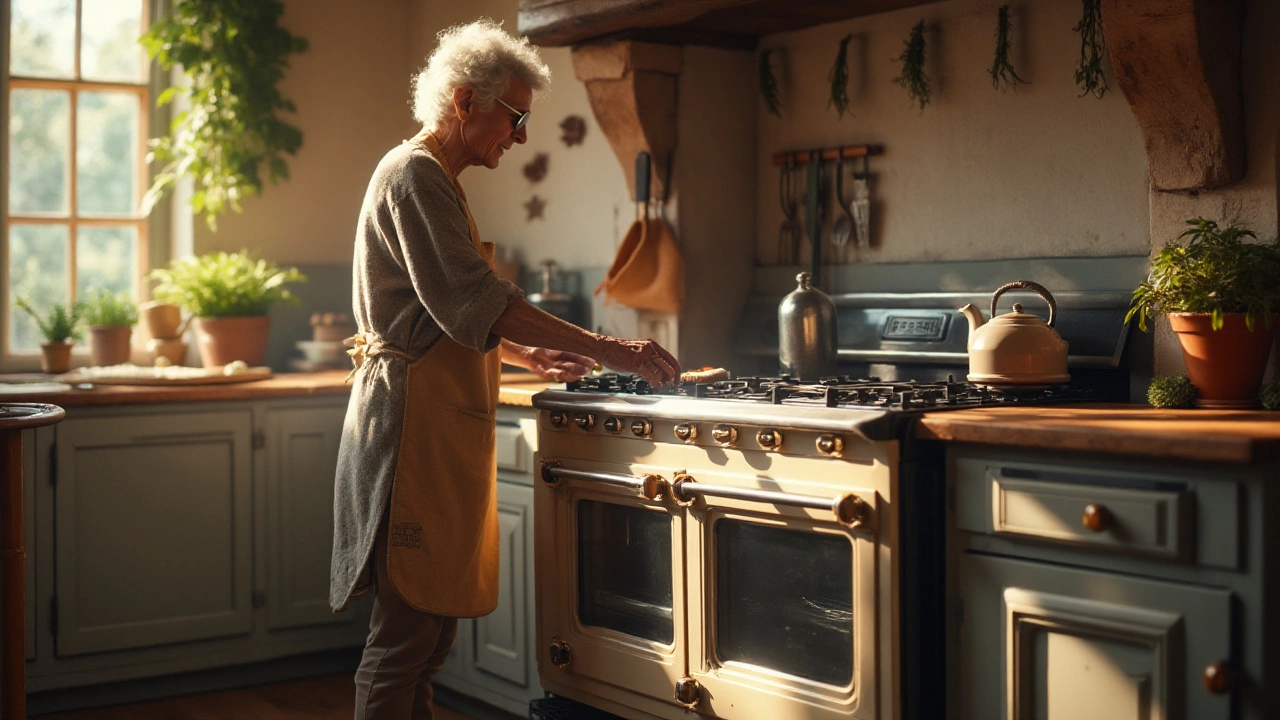Oven Lifespan: What to Expect and How to Extend It
Thinking about how many years your oven will keep working? Most UK ovens push out between 10 and 15 years before major parts start to wear out. That number isn’t set in stone – it shifts with how often you bake, the brand you chose, and how well you look after it.
Key Factors That Affect Oven Lifespan
First off, usage matters. An oven that sees daily use will age faster than a guest‑only model. Heat cycles stress the heating elements, thermostats and wiring, so a busy kitchen can shave a few years off the life.
Second, the type of oven plays a role. Electric ovens tend to last a bit longer than gas units because they have fewer moving parts and no gas burners to corrode. However, both need clean interiors – built‑up grease can overheat components and cause early failure.
Third, brand reputation and build quality matter. Brands that focus on durability often use thicker insulation and more robust coils. Cheap, off‑brand units might save money upfront but often hit the repair shop sooner.
Finally, maintenance is the hidden hero. Regularly cleaning the oven door seal, checking the temperature sensor, and scheduling a professional check‑up once a year can add several years to the life of your appliance.
Repair or Replace? Quick Decision Guide
When your oven stops heating, sparks, or shows error codes, you face the repair‑or‑replace dilemma. A simple rule works well: if the repair cost is more than 50 % of a new oven’s price, start looking at replacement. For a typical 12‑year‑old oven, a heating element swap might run £80‑£120, while a brand‑new mid‑range model costs £400‑£600.
Safety is a non‑negotiable factor. If you notice frayed cords, strange smells, or the oven won’t turn on at all, call a qualified technician right away. Ignoring these signs can lead to fire hazards or costly water damage.
In many cases, a quick cleaning of the fan and a thermostat calibration can bring an old oven back to life for a fraction of the price of a new one. That’s why it helps to have a trusted local repair service – like Rugby Appliance Repair Services – who can assess the issue fast and give a clear quote.
So, how do you decide?
- Check the age: if it’s under 10 years, repair is often worth it.
- Quote the repair: if it’s less than half the cost of a new oven, go ahead.
- Safety first: any sign of electrical or gas danger means replace now.
Keeping your oven in good shape also means simple habits: wipe spills right after cooking, avoid using harsh chemicals on the door seal, and run a self‑clean cycle only when needed. These steps prevent the buildup that forces costly part replacements.
When you reach the end of the useful life, don’t just toss the old unit. Many parts can be recycled, and a professional service can help you dispose of it responsibly.
Bottom line: expect around a decade of solid performance, boost that number with regular care, and use the 50‑percent rule to choose repair or replacement. If you need an honest opinion or a quick fix, give Rugby Appliance Repair Services a call – we’ll tell you if your oven still has life left or if it’s time for an upgrade.
